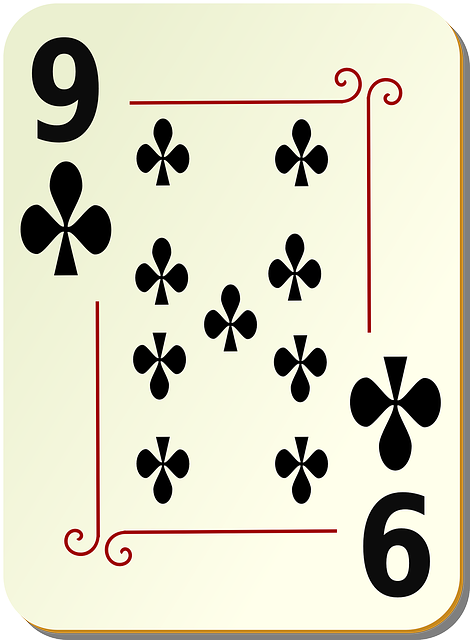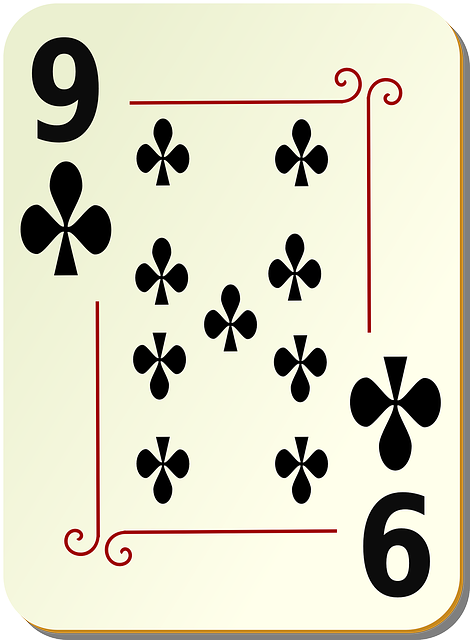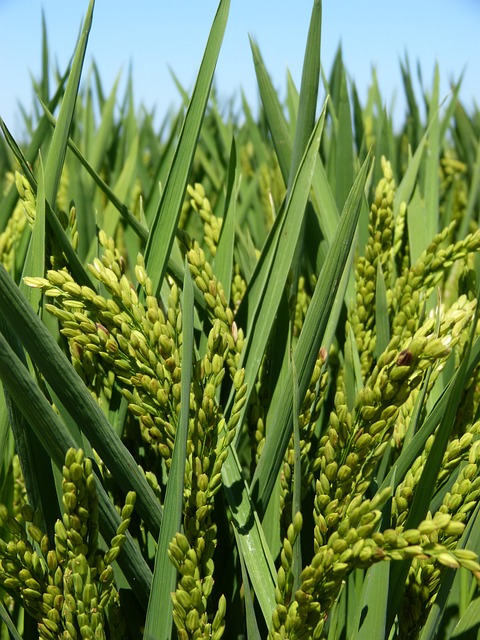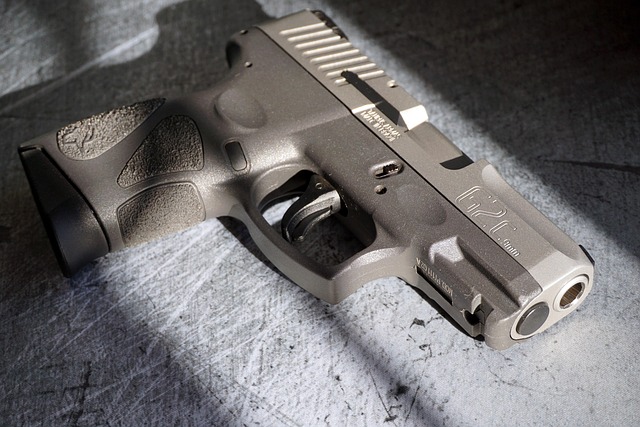Delta-9 THC vs CBD: Comparing Effects for Informed Choices

Delta-9 THC and CBD are distinct compounds found in cannabis and hemp plants respectively, each with unique effects on the body's endocannabinoid system. Delta-9 is potent, offering sensory enhancement and relaxation but potentially triggering anxiety. CBD, non-intoxicating, aids in inflammation reduction, pain alleviation, and sleep promotion without mind-altering effects. Choice between them should consider desired effect, individual tolerance, lifestyle, personal preferences, and consultation with a healthcare professional for personalized guidance.
Delta-9 THC and CBD, two prominent compounds found in cannabis, offer distinct experiences and potential benefits. Understanding the differences between them is crucial for making an informed choice that aligns with your needs. This article will guide you through the intricacies of Delta-9 THC, known for its potent effects, and CBD, a non-psychoactive alternative. By comparing their effects and considering various factors, you’ll be equipped to select the right compound for your wellness journey.
- Understanding Delta-9 THC: The Potent Cannabinoid
- CBD: A Non-Psychoactive Alternative
- Comparing Effects and Benefits
- Making an Informed Choice: Factors to Consider
Understanding Delta-9 THC: The Potent Cannabinoid

Delta-9 tetrahydrocannabinol (THC) is a well-known and potent cannabinoid found in cannabis plants, often referred to as the primary compound responsible for the plant’s psychoactive effects. When consumed, delta-9 THC interacts with our body’s endocannabinoid system, which plays a crucial role in regulating various physiological processes. This interaction can lead to a range of mental and physical effects, including altered perception, increased appetite, relaxation, and even euphoria.
Understanding the power of delta-9 is essential as it offers a unique experience compared to other cannabinoids like CBD (cannabidiol). Its ability to bind strongly with CB1 receptors in the brain contributes to its psychological effects, making it popular for recreational use. However, due to its potential impact on cognitive functions and coordination, it’s crucial to approach delta-9 consumption responsibly and consider personal tolerance levels and desired outcomes.
CBD: A Non-Psychoactive Alternative

CBD, or Cannabidiol, is a non-psychoactive compound derived from the hemp plant. Unlike Delta-9 THC, it doesn’t produce a euphoric high or alter your mental state. Instead, CBD interacts with your endocannabinoid system, which regulates various bodily functions like pain perception, mood, and appetite. This interaction can offer therapeutic benefits without any of the psychological effects associated with Delta-9 consumption.
For individuals seeking relief from inflammation, anxiety, or sleep disorders, CBD presents a compelling alternative to Delta-9. It’s also generally considered safer, as it doesn’t carry the same risks of addiction or cognitive impairment. This makes CBD an attractive option for those looking to harness potential health benefits without engaging in psychoactive activity.
Comparing Effects and Benefits

When comparing Delta-9 and CBD, understanding their distinct effects is crucial for making an informed choice. Delta-9 THC, the primary psychoactive compound in cannabis, offers a range of effects known to include heightened senses, relaxation, and increased appetite. These experiences can be appealing for those seeking relief from stress or looking to enhance leisure activities. However, its potency may not be suitable for everyone, as it can lead to feelings of anxiety or paranoia in some users.
In contrast, CBD (Cannabidiol) is non-intoxicating and has gained popularity for its potential therapeutic benefits. Research suggests that CBD might aid in reducing inflammation, alleviating pain, and promoting better sleep without the mind-altering effects of Delta-9. It is often preferred by individuals looking for a more subtle yet beneficial experience, especially those with medical conditions who require relief without the high associated with Delta-9 consumption.
Making an Informed Choice: Factors to Consider

When choosing between Delta-9 and CBD, it’s crucial to make an informed decision based on your specific needs and preferences. Both compounds offer unique benefits but operate differently in the body. Delta-9, primarily known for its psychoactive effects, can induce feelings of euphoria and relaxation. However, its potency might lead to heightened anxiety or paranoia in some individuals, especially when consumed in high doses. On the other hand, CBD (Cannabidiol) is non-intoxicating and has gained popularity for its potential therapeutic effects. It interacts with the endocannabinoid system, focusing on reducing pain, inflammation, and stress without altering consciousness.
Several factors can guide your choice. Consider your desired effect—whether it’s a calming experience or targeted pain relief. Individual tolerance and sensitivity to THC (the active ingredient in Delta-9) play a significant role. Additionally, your lifestyle and personal preferences matter. For instance, if you prefer natural remedies, CBD might be the better option. Or, if you seek immediate relief for specific ailments, Delta-9 could offer more rapid effects. Always consult with a healthcare professional to ensure the best choice aligned with your well-being.
When choosing between Delta-9 THC and CBD, understanding their distinct properties is key. Delta-9 offers potent psychoactive effects, ideal for recreational or medicinal purposes, while CBD remains non-psychoactive, making it a safe option for those seeking relief without the high. Consider your desired outcome, as both have unique benefits. By weighing the pros and cons, you can make an informed decision to select the right cannabinoid for your needs, whether enhancing relaxation or managing specific ailments. Remember, exploring natural options like Delta-9 or CBD allows for a more personalized approach to wellness.












































